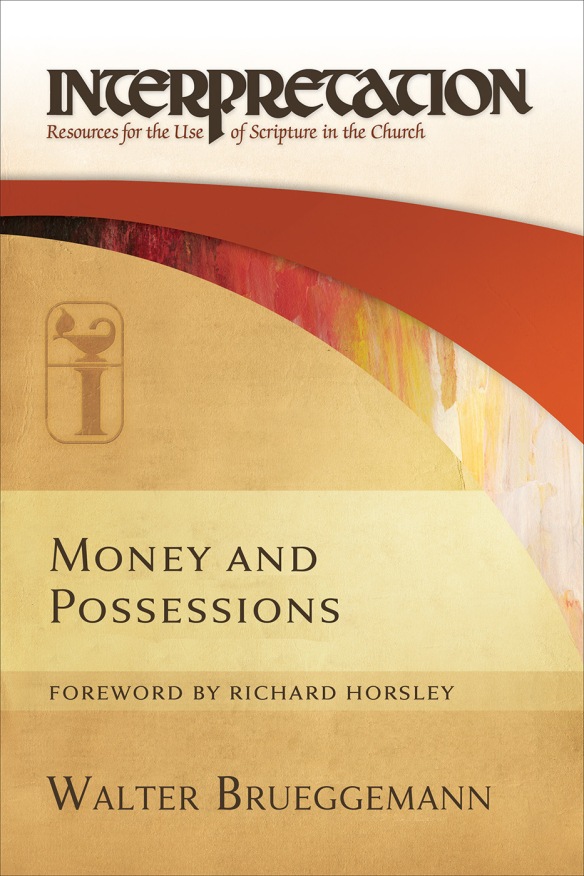The world, as it stands, does not seem to look the way that Christians would expect it to. Rather than seeing a world marked by peace, where weapons have become pruning hooks and the lion lies down with the lamb, we see death. Alton Sterling and Philando Castile are victims of systems designed to protect people like them. Lorne Ahrens, Patrick Zamarripa, Michael Smith, Brent Thompson, and Michael Krol lost their lives in an act of violence committed by a trained gunman, one whom they swore to protect. Sin wrecks the systems of this world, and the principalities and powers of this age are not content to merely fuel individual violence, instead creating whole anti-Christian narratives. Systems designed to keep law and order end up being wracked by violence from both within and without.
When most Christians want to speak the language of the Bible and apply it to present situations, our first instinct is usually to look at the prophets. This is not wrong, but maybe incomplete. The prophets learned the language of justice from Israel’s extensive wisdom literature. To speak the language of the prophets, we should first learn the language of Lady Wisdom. Put another way, we look through the lens of the Proverbs: rather than listening to the instruction of our fathers, and the teaching of our mothers, we have gone astray to be with Lady Folly. Her alluring words, dripping with honey and smoother than oil, help us forget that she forgot the God of the covenant and left the companions of her youth. Humanity, under Adam, left the path of her fathers and followed the sons of Folly: ambushing those who were innocent without reason, rejoicing and delighting in evil, learning deviousness and crooked ways. By embracing the wisdom of this world, we have adopted the wisdom that killed the Son of Glory, becoming a part of the violent ways of Folly, at risk of never regaining the paths of life.
 Money and possessions matter. They might not always come up explicitly in our ordinary, everyday conversations, but when Jesus tells His disciples to sell their possessions because “where your treasure is, there your heart will be also,”1Luke 12:34, NRSV. or bluntly says, “You cannot serve God and wealth,”2Luke 16:13, NRSV. His words are especially challenging for many of us because they ring deeply true, even if we usually avoid thinking about them. Nevertheless, we often try to keep faith and money in separate spheres of life. In his new volume, Money and Possessions, Walter Brueggemann insists that this is both unsustainable and undesirable: “We live in a society that would like to bracket out money and possessions (politics and economics) from ultimate questions. The Bible insists otherwise.”3p.12.
Money and possessions matter. They might not always come up explicitly in our ordinary, everyday conversations, but when Jesus tells His disciples to sell their possessions because “where your treasure is, there your heart will be also,”1Luke 12:34, NRSV. or bluntly says, “You cannot serve God and wealth,”2Luke 16:13, NRSV. His words are especially challenging for many of us because they ring deeply true, even if we usually avoid thinking about them. Nevertheless, we often try to keep faith and money in separate spheres of life. In his new volume, Money and Possessions, Walter Brueggemann insists that this is both unsustainable and undesirable: “We live in a society that would like to bracket out money and possessions (politics and economics) from ultimate questions. The Bible insists otherwise.”3p.12.